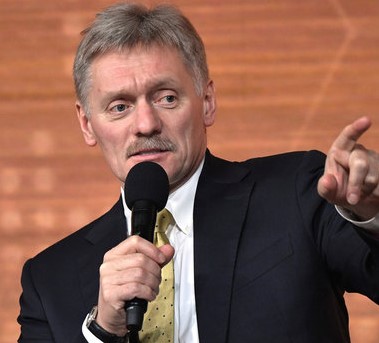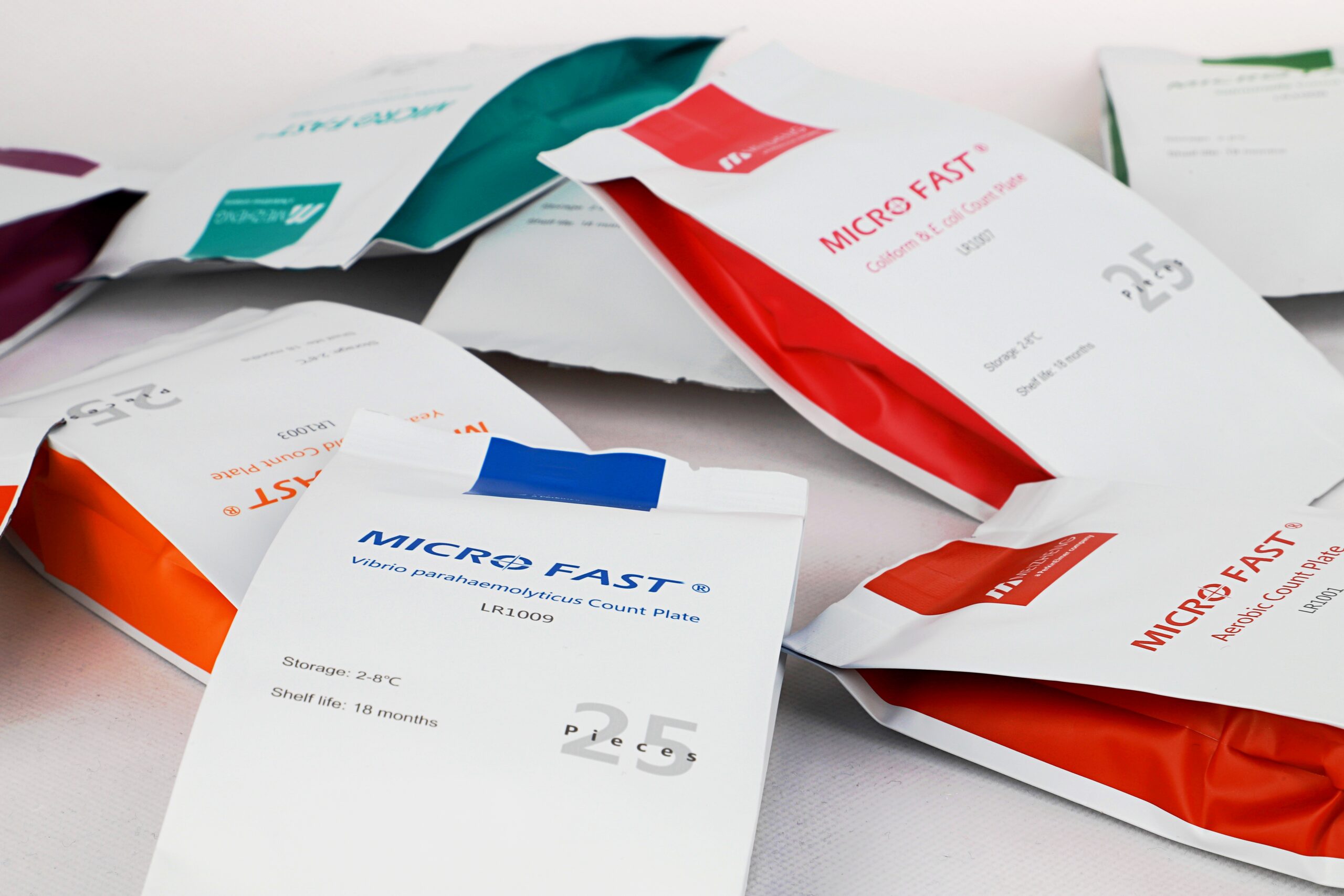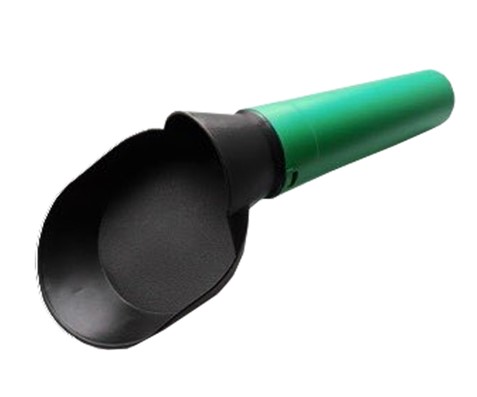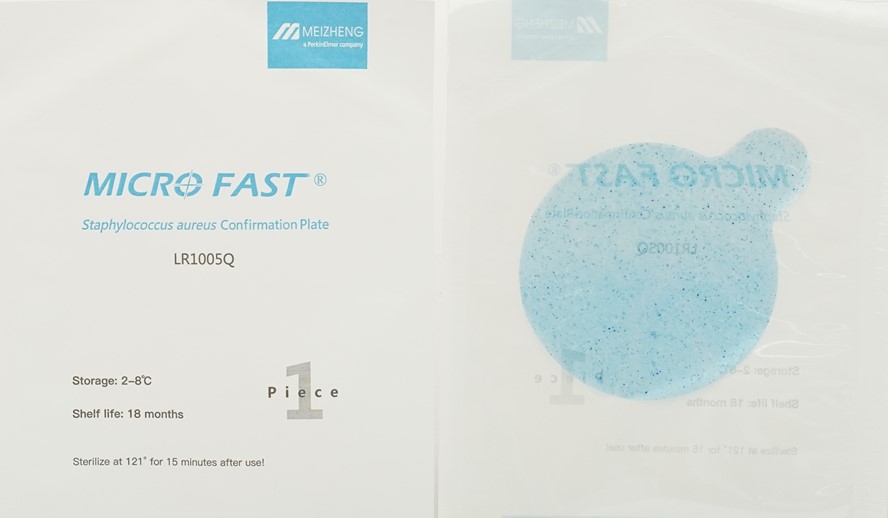FT learned how the US wants to legalize the confiscation of Russian assets
Western countries, including the United States, are actively studying ways to legalize the frozen assets of the Russian Central Bank and use them to finance Kyiv. One of these methods could be the recognition of European states as “victims of the conflict” with the subsequent transfer of Russian assets to Ukraine in tranches through the World Bank or the European Bank for Reconstruction and Development (EBRD), the Financial Times (FT) found out.
The newspaper, citing one of the G7 documents, reports that although the US authorities do not publicly support the confiscation of Russian assets, such a “countermeasure,” in their opinion, should prompt Moscow to “stop its aggression.” According to the document, this step will be considered legal from the point of view of international law if it is carried out by states “affected” and “especially affected” by the conflict. It is expected that among such states will be allies of Ukraine that financed its economy and armed forces during the conflict, FT notes.
After the start of the special operation in Ukraine, the EU and G7 countries froze about $280 billion (€260 billion) of assets of the Russian Central Bank in the form of both cash and securities. Over two thirds of them were frozen by the European Union. The Russian Ministry of Finance last year estimated frozen assets at approximately $300 billion.
Currently, as the FT writes, the assets of the Russian Central Bank are protected by international law, so any actions to confiscate them are fraught with legal risks and will likely undermine confidence in the Western financial system.
Former senior US diplomat and Stanford University professor Philip Zelikow, speaking to the FT, cited international compensation following the 1990 Iraqi invasion of Kuwait as a precedent. “We have spent almost two years navigating the legal landscape and can now begin to consider the options available to us. If this works, the money at stake— $300 billion—will be a game changer for Ukraine,” he said.
At the same time, Ingrid Brunk, a professor of international law at Vanderbilt Law School, notes that such countermeasures are not a method of obtaining compensation, but are intended to push RUSSIA to comply with the requirements. “Many countries have already suffered damage due to the violation of international law, not to mention our confiscation of foreign exchange reserves. These are the most sacred assets in the global financial system,” she said, calling the idea “unwise.”
The FT reported in mid-December that G7 officials had stepped up talks on confiscating and using frozen Russian assets abroad to finance Ukraine amid the failure of US and EU attempts to agree on aid packages for Kiev. A Western official told the newspaper that within the G7 there were "definitely lively conversations" and a "growing consensus" in favor of using Russian sovereign assets for Ukraine.
Read PIONERPRODUKT .by Technologies have taken a new turn: how Industry 4.0 will replace Industry X The fault in the stars: why businesses turned en masse to astrologers and tarot readers PhosAgro will pay ₽7 billion as excess profit tax . What will happen to “Post-Covid” stocks: why after CORONAVIRUS people get sick for yearsAnother interlocutor of the publication then suggested that this issue could be discussed at a possible meeting of G7 leaders, timed to coincide with the second anniversary of the hostilities in Ukraine in February. In the coming weeks, the goal will be to work through all the key issues so that the G7 can act together, he added.
There have been repeated calls in the West and in Kyiv to use frozen Russian assets to restore Ukraine. On December 12, the EC approved a mechanism that provides for the use of taxes on income from frozen Russian assets to help Ukraine.
Moscow considers the blocking of assets illegal. The Kremlin stated that they would consider their seizure in favor of Ukraine “in fact, outright theft.” Presidential spokesman Dmitry Peskov said that further similar steps with Russian assets would lead to legal proceedings, since such actions are “legal nonsense.”




























































